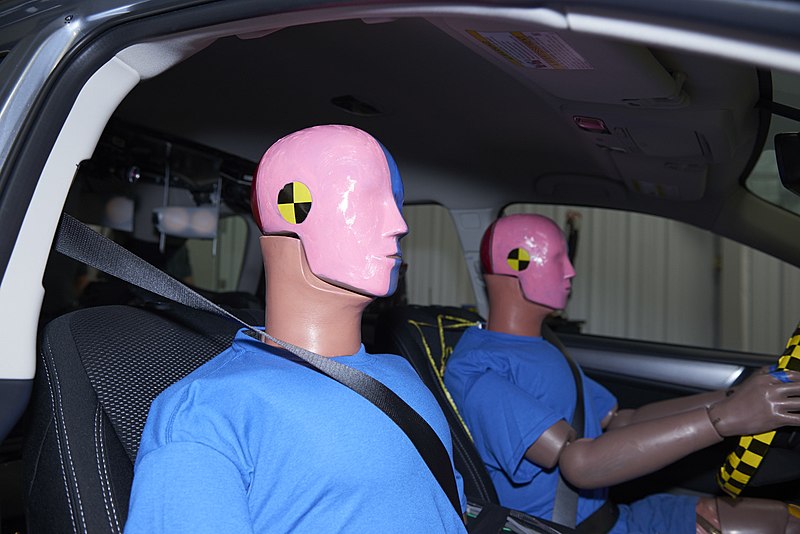
The 10-week program takes place over the summer and provides students with hands-on research experience, participation in multidisciplinary research approach and one-on-one mentoring by leading scientists. Students receive a $5000 stipend as well as help for their travel expenses and will be housed for free in separate units for projects requiring in-person participation. Due to the Covid-19 pandemic, many of the projects will be held remotely but the situation may change depending on the evolution of the pandemic.
This summer the projects will be split in 3 areas: Engineering, Behavioral Science and Epidemiology.
Students who will be part of the engineering group will learn how to design and conduct laboratory based and real-world engineering studies, how to collect data, analyze them and interpret them. Students participating in the engineering research program will be split in 5 different projects looking at driving behaviors, crash analysis, kinematics and kinetics of the human body in crash conditions and motor control for children with cerebral palsy.
Students who will be part of the behavioral science group will have the opportunity to study on a project related to injury to young children caused by interpersonal violence or another project looking at social difficulties encounter by children suffering from high-functioning autism spectrum disorder.
The epidemiology students will be split into two projects, one related to concussion and the other one related to the neural and neuropsychological factors underlying risky driving behaviors in teen drivers.
More information on this program can be found here
Picture source: Wikipedia
https://injury.research.chop.edu/blog/posts/announcing-summer-2021-injury-science-reu-program?utm_source=feedburner&utm_medium=email&utm_campaign=Feed%3A+ResearchInActionBlog+%28Research+in+Action+Blog%29
https://injury.research.chop.edu/blog/posts/announcing-summer-2021-injury-science-reu-program?utm_source=feedburner&utm_medium=email&utm_campaign=Feed%3A+ResearchInActionBlog+%28Research+in+Action+Blog%29
